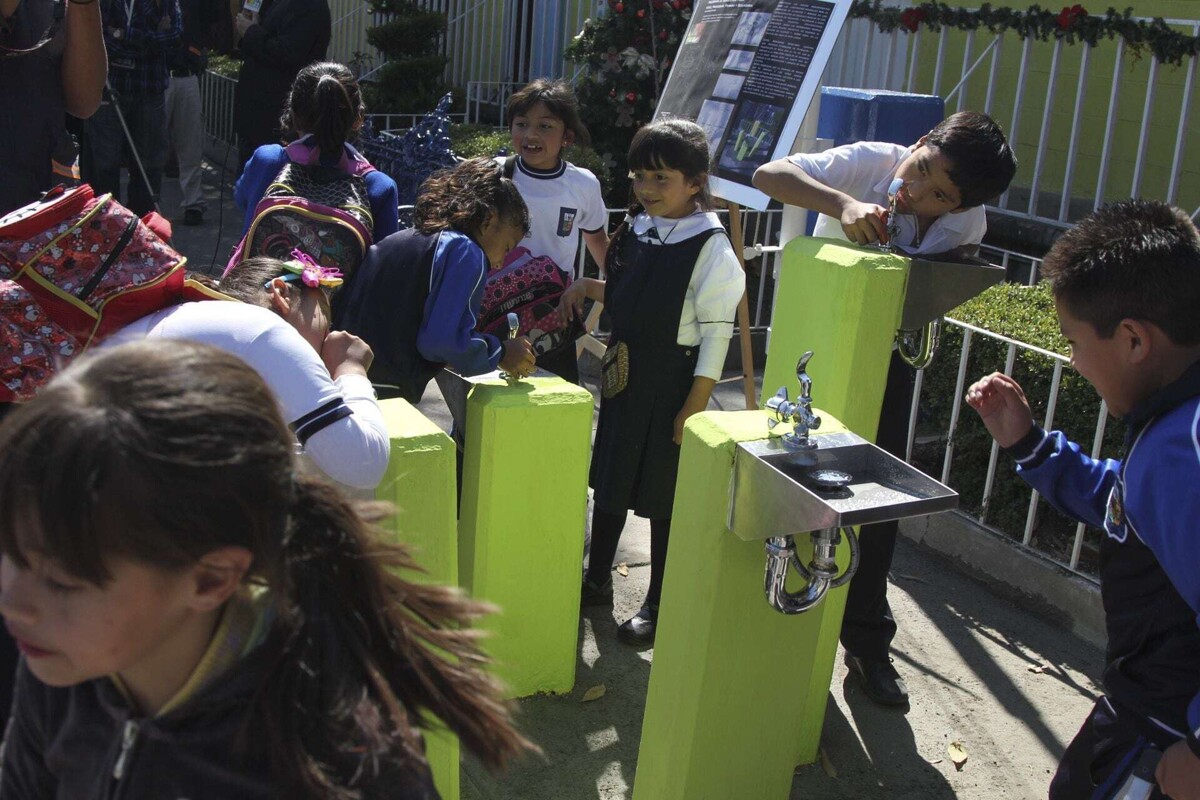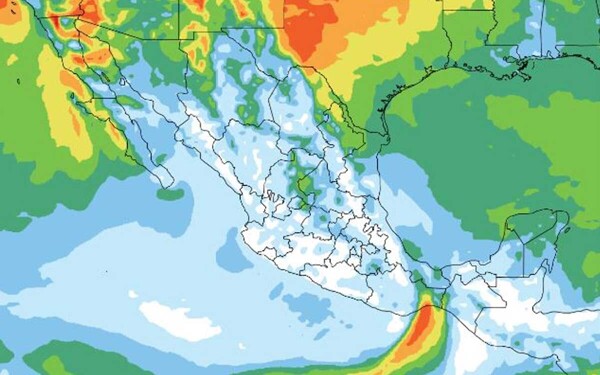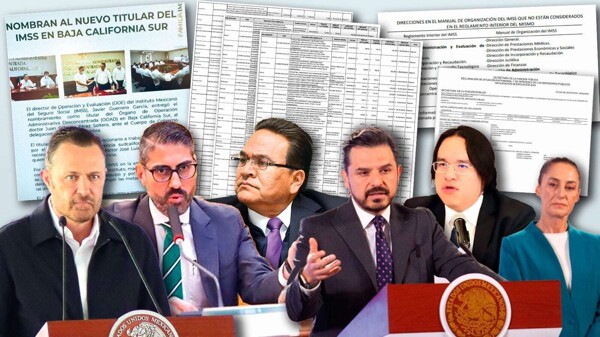
The increase in taxes will not solve the underlying problem, according to a response from the Consumer Power. Alejandra Contreras, a researcher for Mexico CONACYT and collaborator of Consumer Power, emphasized that while progress has been made with the application of the IEPS on sugary drinks, public health policies are needed to reduce their consumption. People have been made aware, which led to an 80% reduction in the consumption of these beverages in the first two years of the implementation of the tax.
Regarding school water fountains, Contreras mentioned that, despite being a positive measure, the implementation had issues, as some schools did not have access to drinking water to install the infrastructure. The importance of maintaining or increasing these types of taxes is highlighted, and the Ministry of Public Education should promote the consumption of natural water among students.
The head of the SEP presented eight actions from the federal government to improve students' health starting in 2025. These include preventing the sale of ultra-processed foods in school spaces, promoting water consumption, training school authorities to prioritize healthy foods, among other measures.
Since 2019, with the implementation of 'The School is Ours' by the SEP, the project for school water fountains financed by the IEPS on sugary drinks was put aside. However, starting next year, this project will be resumed in more than 258,000 public schools in Mexico.
César Salazar, a professor at UNAM, mentioned that the increase in taxes to inhibit the consumption of sugary drinks must be accompanied by other public health measures. He highlighted the importance of reviewing the IEPS Law in Mexico, as despite the annual tax increases, there is no significant reduction in the consumption of harmful health products.
Experts emphasize the need for authorities to work together to promote a tax regime that ensures adequate revenue collection while also protecting the health of Mexicans. Taxes, such as the IEPS on sugary drinks, are used for the government's public spending, according to Roberto Iván Colín Mosqueda from the Tax Technical Commission of the College of Public Accountants of Mexico.














